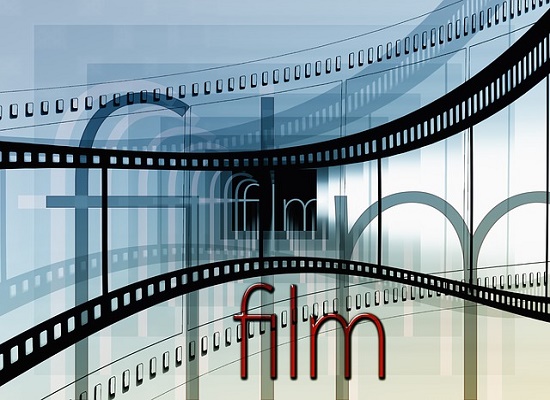
15-07-16 Interactive-Experiential Educational Television by students
The project “Pilot Implementation of Interactive-Experiential Educational Television “ has been incorporated in the operational programme “Development of Human Resources, Education and Lifelong Learning 2014-2020”. The project involves the production and television broadcast of educational programming created by and featuring students, with the vehicle of contemporary and non-traditional forms of expression, such as cinema, audio-visual works, and the digital environment. The project aspires to be a model and guide for introducing contemporary and creative teaching methods into education.
The project entails a weekly television programme comprised of:
- 18 hour-long television episodes.
- Each of the 18 episodes will examine a different subject of learning, each of which will be introduced by a distinguished university professor.
Participating in each of the 18 episodes will be:
- Two secondary schools (i.e 36 schools will participate in each show) which will have prepared and will present a project on the particular subject.
Each school will produce a short film of between five and seven minutes with a plot.
Hence, each programme will feature 36 short films (one per school) on the 18 subject areas.
With the assistance of an academic advisor and a professional director, along with the necessary technical means, the students themselves will write, direct and play the roles, create the scenery and costumes, write the music and shoot a five-minute film over two weekends.
In each episode, aside from students’ short films, there will be a showing of two documentary films , one for each participating school (36 total) which will record the process of seeking, finding and acquiring knowledge, and transforming it into a creative product.
At the end, the schools will be awarded by a panel of judges and by viewers, since the broadcast will be interactive, with the participation of the audience, which will express its opinion and award students’ efforts.
Indicitavely, the subject areas and professional orientations presented in the programmes are the following:
1. Europe today.
2. Our political system-institutions.
3. Human rights (migration-refugees) and respect for the different.
4. Biology (the human organism, nutrition).
5. Positives and negatives of technology.
6. Environment and Science (climate change).
7. Athletics (doping, etc.).
8. School bullying and creation of groups.
9. Cell phones and social media networks.
10. Music.
11. Our language.
12. Professional orientation
13. Use of medicines in our daily lives.
14. Street art
15. War crimes and genocide.
16. Brain drain
17. Books
18. Inter-gender relations.
